This post is a contiuation from a previous post. Read up on this series here: Prioritism and Holism: The Contribution of Acts
Acts’ Understanding of Salvation Blessings: Both Temporal and Eternal But with Two Qualifiers.
Though this study of the profile of salvation terms in Luke-Acts has focused on its support for the priority of evangelism in Christian mission, it is also necessary to note that the profile also demonstrates that the scope, the parameters, of salvation blessings for Luke includes both aspects of the range of meaning—“this worldly,” temporal and transcendent, eschatological, eternal salvation. And there are two qualifiers to Luke’s understanding of salvation blessings, which indicate the proper way of relating these two kinds of salvation blessings, namely, expansive prioritism. First, suffering is often part of God’s sovereign plan for discipleship and for mission (14:22; 5:41). Healing ministry often led to physical persecution. For example, the mission at Lystra not only involved physical healing (Acts 14:9), but also physical suffering: the stoning of the healer (14:19-20; cf. 4:9, 18; 5:12-18, 40). “. . . salvation in the pregnant sense does not carry with it guarantees of long-life, being kept safe through trials, wealth or perpetual good health” (Witherington 1998:164).
Second, for Luke, social action benefits are the consequences of transcendent salvation transformation. Zaccheus and his economic repentance is the Third Gospel’s prime example (Luke 19:8, 9-10; cf. Acts 26:20). “Certainly ‘salvation’ for Luke has social consequences, but, equally clear, it is a spiritual transformation of human personality that leads a person to see logical social consequences of receiving Jesus” (Witherington 1998:160). The contribution of Acts’ understanding of salvation to the prioritism-holism debate, then, is to point to an “expansive prioritism” with, at its center, an evangelism, which calls for spiritual transformation that reaches out to embrace all of life, including physical and social concerns. The fact that a physical and social concerns dimension characterized Luke’s description of the immediate lifestyle change of new converts (16:14-15, 30-34) and his reports of the church’s internal life (2:42, 44-46; 4:32-37; 6:1-7; 9:39) shows that his understanding of prioritism had such an “expansive” scope.
Conclusion
Acts has much to contribute to the Prioritism-Holism debate. A clearer understanding of the way the “kingdom of God” characterized early church preaching and what salvation meant in the early church mission, i.e., transcendent, eschatological salvation with temporal consequences, points to an expansive prioritism as the best way to relate evangelism and social responsibility in the church’s mission today.
Dr. William Larkin
Professor of N.T. and Greek, Columbia International University

